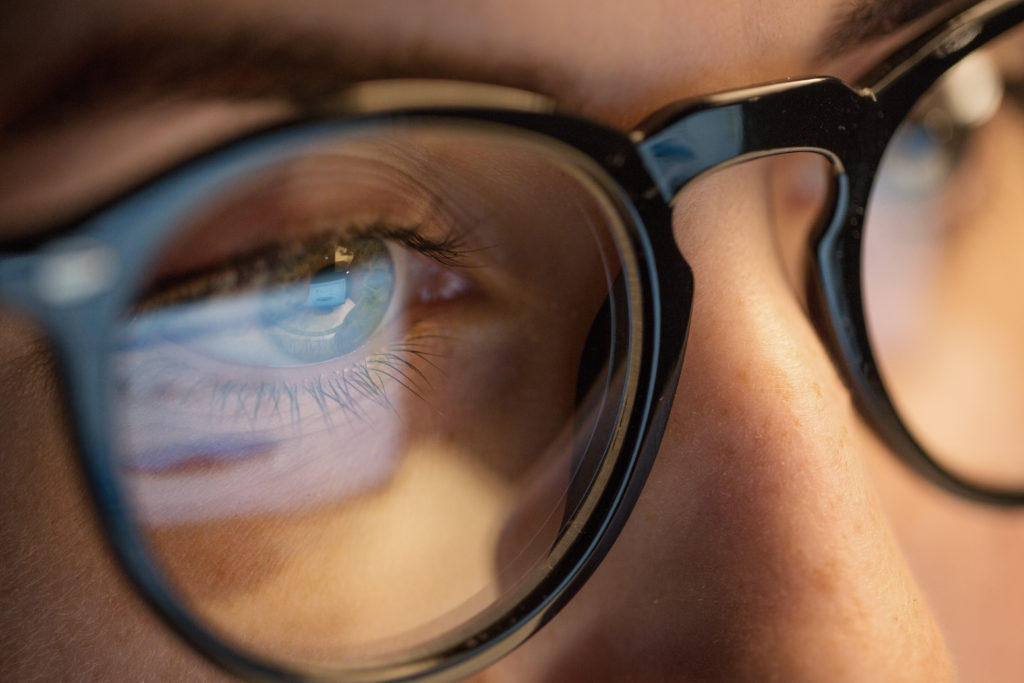In an era where an individual’s online reputation plays a large part in employment decisions, professional relationships, and other personal interactions, posting explicit material of someone online can have significant deleterious real-world consequences. Unfortunately, since taking and sharing photos and videos has become so simple, it is easy for unscrupulous individuals to upload them to the internet—and it can be difficult to have them taken down.
What Is Non-Consensual Pornography?
Non-consensual pornography includes two broad categories of explicit images that are distributed without the permission of the individual depicted. Some images are originally obtained without consent. These can be videos or still photos taken by hidden cameras, illegally obtained by hacking phones or online communications, or stolen from hard drives or databases (either online or in-person). The other category involves images that a person consensually obtained within the context of an intimate relationship but distributes to a wider audience than the original subject consented.
Although non-consensual pornography is sometimes called “revenge porn,” perpetrators are not always motivated by revenge or personal feelings. While some individuals do post explicit images to shame or embarrass a particular victim, many non-consensual images and videos are uploaded to “amateur porn” sites that pay for submissions. More reputable adult websites have a process to report non-consensual submissions and request they be taken down, but many smaller sites do not, and once an image is on the internet it is nearly impossible to ensure that it is completely removed.
Laws Against Non-Consensual Pornography
Louisiana is one of many states with criminal laws prohibiting the distribution of non-consensual pornography. Under Louisiana statute, a violation is punishable by a fine of up to $10,000 or up to two years’ imprisonment. The law makes it a crime to intentionally disclose an image (photograph, film, videotape, digital recording, or other depiction or portrayal) of another person seventeen years of age or older who is identifiable from the image or information displayed in connection with the image and whose “intimate parts” are exposed in whole or in part. “Intimate parts” are defined as “the fully unclothed, partially unclothed, transparently clothed genitals, pubic area, or anus” as well as a partially or fully exposed nipple of a female.
The law also requires that the person who discloses the image:
1. Obtained it under circumstances in which a reasonable person would know or understand that the image was to remain private;
2. Knew or should have known that the person in the image did not consent to the disclosure of the image;
3. Has the intent to harass or cause emotional distress to the person in the image; and
4. Knew or should have known that the disclosure could harass or cause emotional distress to the person in the image.
Unfortunately, these “malicious intent” requirements mean that explicit images posted online purely for the poster’s financial gain (e.g., videos of strangers in a dressing room taken with a hidden camera) may not be punishable under the criminal statute.
Non-Consensual Pornography Causes Lasting, Significant Harm
A survey conducted by Cyber Civil Rights Institute (CCRI) outlined the scope of this growing trend. Out of 1,606 total respondents, 23 percent (361 people) had been victims of some form of non-consensual pornography. As a result, many of the 361 victims suffered serious, life-altering repercussions.
• 93 percent (336 people) said they suffered significant emotional distress due to being a victim.
• 42 percent (152 people) sought out psychological services due to being a victim.
• 51 percent (184 people) had suicidal thoughts due to being a victim.
• 26 percent (94 people) had to take time off from work or school due to being a victim.
• 8 percent (29 people) quit their job or dropped out of school due to being a victim.
• 6 percent (22 people) were fired from their job or kicked out of school due to being a victim.
• 3 percent (11 people) legally changed their name due to being a victim.
Recovering Damages for Non-Consensual Pornography
If you are a victim of non-consensual pornography, it can be a difficult battle to restore your reputation and hold the perpetrators accountable for your losses. Depending on the circumstances of your individual case, it may be possible to pursue a federal lawsuit based on copyright infringement claims (if you hold the intellectual property rights to images of yourself that were wrongfully distributed) or claims like computer fraud and abuse claims.
Other possible options may include a lawsuit in state court for claims like defamation, invasion of privacy, intentional and/or negligent infliction of emotional distress, stalking, or harassment. Successful plaintiffs may recover significant damages for emotional distress as part of their claims in addition to economic losses.
Since every case is different, it is advisable to consult with an attorney about the remedies that may be available and appropriate in your circumstances.









